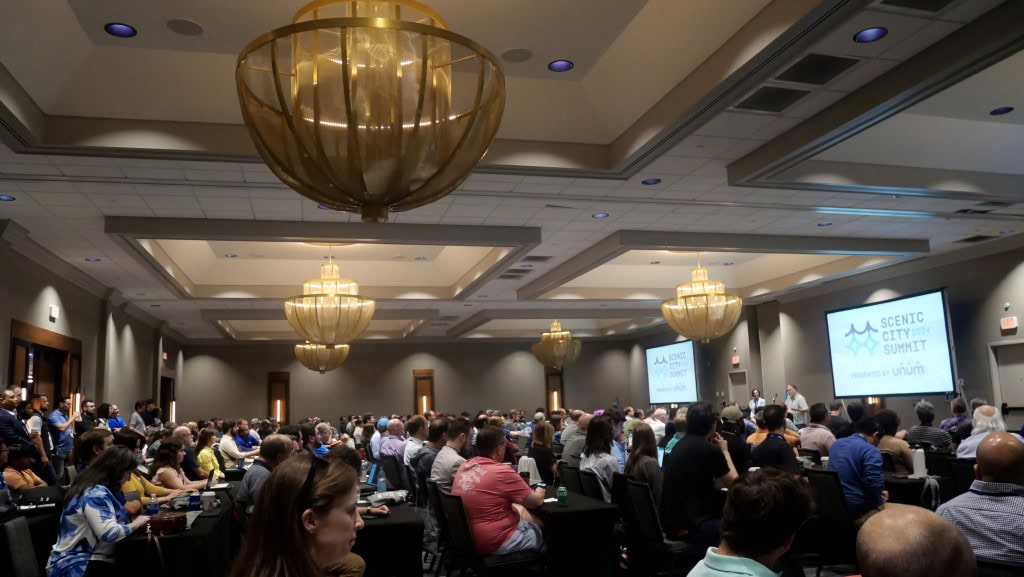There was a lot of great advice, and I really wonder how much of this I would have listened to myself back in the day. In no order other than the order I found them in my comments and then XTwitter.

This was fun, and if you are just now hearing of T-SQL Tuesday, get involved next month, and the next.
Peter Schott said “start some sort of blog to write down all of the things I did and learned that wasn’t proprietary type information.”
This is big, and one of my main points when I talk about writing. The more you can write down (and ideally publish) that you can, the more you will have a reference when you are a job or two down the line.
Chris Voss had a bit of sage advice (even if it was just to a very, make me feel old, early 2010’s self!): “Data technology will evolve throughout your career. Keep track and adapt. Discern and allow healthy skepticism. Yet above all, understand the basics behind the tech”
This is one I probably should still hear. I very much specialized in SQL Server/T-SQL alone. My new job forces my view to widen, but not incredibly so. Poke your head out of relational databases and you will feel like you are out for a ride in downtown Atlanta at quitting time. Stuff flying by you left and right!
Kritina Mishra had a ton of advice in her post, as she argued about which one to land on. I am only going to use one of them that is the most appropriate to me. “Don’t sweat the typos. They’ll throw you under the bus for time – every time.”
Which is really true, but to be fair, her real advice was ““Use Checklists as often as you can” and “Learn and Use Value / Effort matrixes”, but I probably never will do this stuff well. As the Simple Talk editor I have tons of checklists that I start and restart because organization is not my strong suit. I probably would tell Louis 0.1 to be more organized, too.
Chad Callihan has some way too close to home advice. “if I could go back to the start of my career, I would make my younger self promise to make exercise a priority.”
This is probably the place where I failed the absolute most. When I was writing my first book I gained a lot of weight. A lot. And it wasn’t that I started out super thin, but before this I played a lot of tennis and biked a lot. Now I just walk and break hip replacements.
Brent Ozar, who you may have heard of, had this to say ‘I’d tell myself, “Use ‘we’, not ‘you’.”’
The idea being the word we often sets a confrontational view. We screwed up, not you did. We are on the same team against pesky technology. I agree here, except when giving out praise. Then it is you. You are awesome. (Some great points, and ones that when you write and speak you need to consider.)
Steve Jones, honestly the busiest person I have ever met, said ”Network and help others in the community.”
Steve and I, not to mention most every one of the people who replied, know this now. But I didn’t start out working in the community, and I didn’t start out thinking about it. It came pretty accidentally, and I am glad it did. The big thing is to listen to the words and do it for those reasons only. When you serve the community as an act of love, you may get rewards, but you may not. Do it anyhow. It will work out in the future.
Kevin Chant, says basically to focus and “consider sticking with certain technologies for longer.”
The major point is that all of the skills you acquire tend to come back and be useful. And he mentioned “Microsoft Fabric and Lotus Notes” in a blog post. That is worth a lot. As I noted earlier, I probably needed the opposite advice!
Rob Farley, another person I have known for-basically-ever, starts off by saying he isn’t really sure when it was that he started working in the data platform. His story is really interesting, but his core advice is priceless: “Data is the most significant technology, but people are far more significant.”
Steve Hughes has three major points: “DIVERSIFY!, Learn New Things, and Get Certified”
To say this is advice I did not heed is clear. I have one certification, and clearly did the same thing for a very long time! While it served me well, I would say that it can be slightly
Mala Mahadevan had this to day, which is “Let go of relationships that do not serve you”
Which she goes on to say isn’t really about burning bridges. There is generally no need to burn bridges with most relationships. But there is also nothing wrong with severing ties with people that are harmful. Mala defines serve you as “mutual respect” and that is a wonderful thing.
I find I am pretty good at this, though sometimes I feel like there are relationships out there that I don’t cultivate nearly enough. I am reminded of this when I am working with someone I haven’t seen in forever and it feels good to hang out with them. Time is the biggest issue, but sometimes I need to make more time for people I really liked/loved, and spend less time on social media with people I don’t care for in communities that don’t matter… And none of the people mentioned in this post fall into that category for sure.
Finally, Reitse Eskens covers the bane of every data persons life at some point, with this advice: “Check if the issue is really a data issue or an end-user issue like stale reports, Excel files or even old CSV-files.”
DBA doesn’t stand for Default Blame Accepter for no reason. But too often it is a false accusation just lazily lobbed at the database platform.
Finally, just to remind you, my example advice was “Understand all the details of the problem before you release tables.”
Not before you start to code, necessarily, but before you press that button that says “you can not use this table for business purposes” (or something more simple like send on and email, make sure you know what the customer wanted and that you have actually produced something close to what they wanted.
Sounds easy, but it is.





Load comments